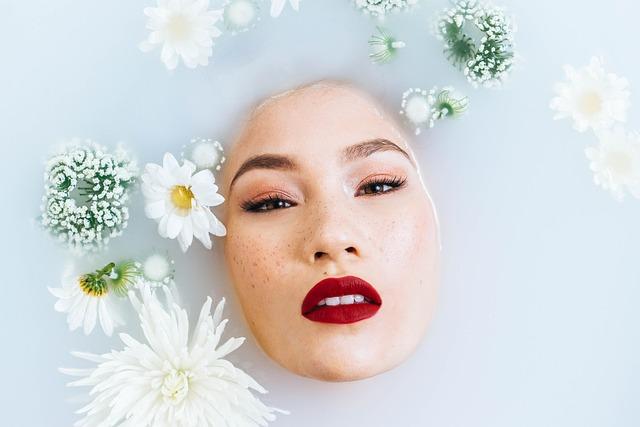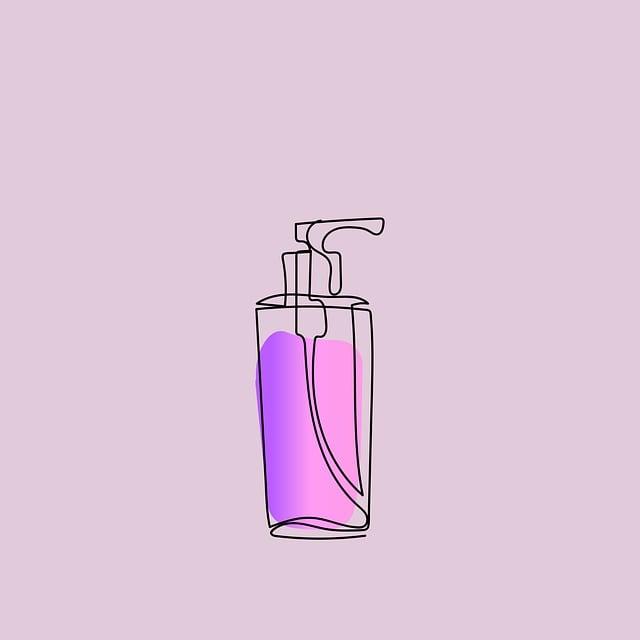In the serene sanctuaries of our bathrooms, where self-care rituals unfold, lies an unsuspecting array of bottles and jars, each promising the gift of radiant skin. These beloved skincare products, with their alluring scents and luxurious textures, have become trusted allies in our quest for beauty. Yet, beneath their glossy exteriors and well-marketed allure, a world of hidden dangers quietly awaits. As consumers, we often revel in the promise of a flawless complexion, rarely pausing to ponder the unseen ingredients that mingle within these potions. In this exploration, we delve into the shadows of your skincare arsenal, unveiling the hidden perils that may lurk within, and empowering you with the knowledge to navigate the complex landscape of modern beauty. Prepare to uncover the secrets behind the labels and embark on a journey towards safer, more informed choices for your skin.
Unmasking the Culprits: Understanding Harmful Ingredients in Skincare
In the quest for radiant skin, we often overlook the insidious nature of certain ingredients nestled within our beloved skincare routines. Parabens, for instance, are widely used as preservatives but have been linked to hormonal disruptions due to their ability to mimic estrogen. Similarly, phthalates, found in fragrances, can lead to reproductive issues and have been the subject of growing health concerns. Meanwhile, sulfates, common in cleansers, may strip away natural oils, leading to dryness and irritation.
- Parabens: Often found in moisturizers and lotions, these can disrupt hormonal balance.
- Phthalates: Hidden in fragrances, they pose risks to reproductive health.
- Sulfates: Present in many cleansers, they can cause dryness and skin irritation.
- Formaldehyde: A preservative that, despite its efficacy, is a known carcinogen.
- Fragrance: A generic term that can encompass numerous undisclosed and potentially harmful chemicals.
Understanding these components is crucial in making informed choices that safeguard your skin’s health. By opting for products labeled as free from these harmful substances, you not only enhance your skincare regimen but also protect your well-being.

Decoding Labels: How to Identify and Avoid Toxic Additives
When it comes to skincare, the devil is often in the details—or rather, in the fine print. Many of our go-to products are teeming with toxic additives that can wreak havoc on our skin and overall health. Understanding these labels can be your first line of defense against unwanted chemical exposure.
- Parabens: Commonly used as preservatives, these can disrupt hormone function, potentially leading to serious health issues.
- Phthalates: Often found in fragrances, these chemicals are linked to reproductive and developmental concerns.
- Sodium Lauryl Sulfate (SLS): This foaming agent can irritate the skin and eyes, and prolonged exposure may lead to more severe skin issues.
To safeguard your skin, always check the ingredient list and opt for products labeled as “paraben-free,” “phthalate-free,” and “SLS-free.” Being informed is the first step towards healthier skin and a healthier you.
Choosing Wisely: Expert Tips for Safer Skincare Selections
When it comes to skincare, a seemingly innocent bottle of moisturizer or serum can harbor ingredients that may do more harm than good. To ensure you’re making the safest selections, it’s crucial to be informed and vigilant. Here are some expert tips to guide your skincare journey:
- Read Labels Carefully: Familiarize yourself with common harmful ingredients like parabens, sulfates, and phthalates. These can disrupt hormones and irritate sensitive skin.
- Go Natural: Opt for products with natural ingredients such as aloe vera, chamomile, and green tea. They are less likely to cause adverse reactions and often come with added benefits.
- Patch Test: Always perform a patch test before fully incorporating a new product into your routine. Apply a small amount to a discreet area and wait 24 hours to check for any adverse reactions.
- Research Brands: Choose brands that are transparent about their ingredient sourcing and manufacturing processes. Trustworthy brands often have certifications and provide detailed information about their product formulations.
- Less is More: Avoid overloading your skin with too many products. A simple routine with fewer, high-quality products is often more effective and safer.
By being mindful of these tips, you can navigate the skincare aisle with confidence, ensuring that your beauty regime enhances rather than harms your natural glow.



